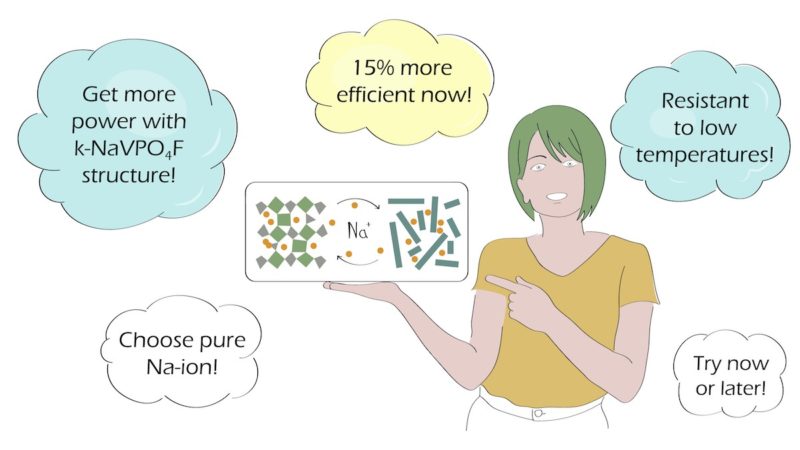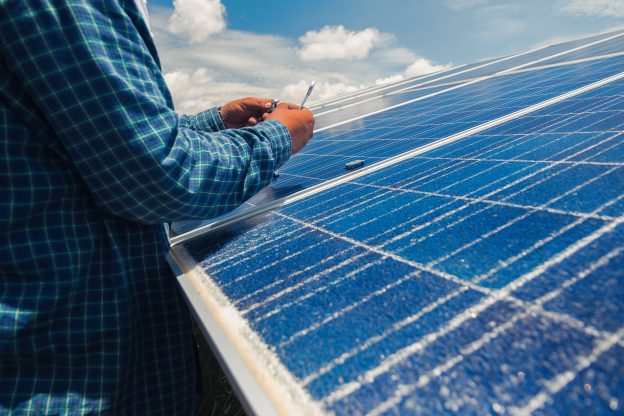
It is obviously a good direction in seeing more relevant studies on batteries since they are an important medium for power storage. A Russian science team has recently targeted at alternatives of sodium-ion batteries, and managed to develop a sodium-ion battery that has a high energy density and is capable of enduring low temperature.
As sodium contains more crust and costs less compared to lithium, and that sodium-ion batteries function similar to lithium-ion batteries by allowing ions to move between cathodes and anodes using electrolytes, it is possible to replace lithium-ion batteries with the more sustainable sodium-ion batteries. Skoltech and Moscow State University have unfolded a series of studies on the anodes of sodium-ion batteries, seeing how lithium has now surged by more than fivefold as opposed to one year ago.
The research team developed a new anode material that is the sodium-vanadium phosphate fluoride powder, which hopes to significantly elevate energy density. Professor Stanislav Fedotov of the Skoltech Center for Energy Science and Technology commented that the materials studied by the team and receiving spotlights within the industry recently are both sodium-vanadium phosphate fluoride, and are formed with atoms of the same element, only with different arrays and ratios of various compounds.

(Source:Skoltech)
The team, after further testing, discovered that the sodium-ion button battery has had an increase of 10-15% in energy density compared to the existing design. Research stuffs also commented that this new material allows sodium-ion batteries to exert their functions under a cooler climate. As pointed out by Fedotov, the better capability in energy storage is merely one of the advantages of the new material, and a major highlight is that the anode of the new battery can work under lower temperature, which is exceedingly crucial for Russia.
Despite lithium-ion battery currently dominating the battery energy storage field and being compatible with any chargeable electronic devices, the electrical performance of the batteries would drop rapidly when the temperature reaches below zero, where cathodes are unable to maintain the electric charge, which leads to a fast depletion of energy, and it is also possible for none of the electric charge to transfer. This is why EVs cannot function in some of the high-latitude countries during wintertime.
The team would require further studies on the material in order to actually apply sodium-ion batteries on renewable energy storage, as well as large EVs such as electric buses and trucks.
(Cover photo source: pixabay)







